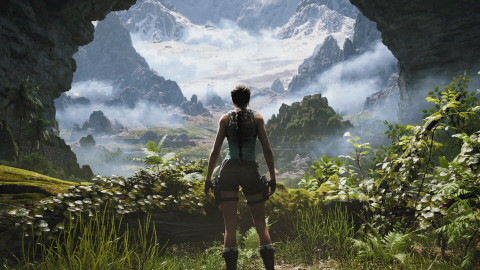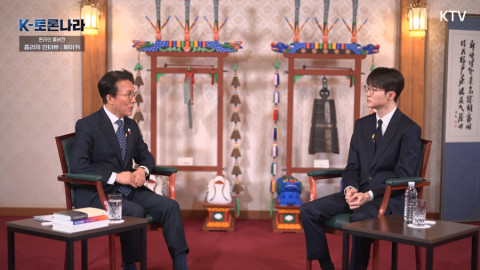This Tuesday, Blizzard announced two new “social features” aimed at mending Overwatch’s maligned ranked system, and while neither is a role queue or separate solo/duo queue system, Looking For Group might just be the next best thing.
LFG will allow players to assemble their teams before queuing for quick play, competitive, and arcade game modes. The system facilitates teaming up in a way that has never been possible before; the “stay as team” option added in late 2016 flopped once its initial novelty wore off, and out-of-game LFG options through forums, Discords, etc. are too cumbersome for most.

Group leaders’ ability to restrict their teammates’ hero selection will alleviate the lack of control players commonly feel they have over the outcome of their games. Too often, maps are seemingly decided in the loading screen by the relative ranks or hero pools of players united by the matchmaking algorithm, but now, players can lock in roles prior to queuing.
Unfortunately, group leaders’ control virtually ends at role designation. On the PTR, individuals join teams on a first-come, first-serve basis without approval from group leaders. Party leaders can restrict how many of each role they have on their team; require that players have a certain number of endorsements; and, indicate that they prefer everyone to have a microphone, but that is about it.
The aforementioned endorsements serve as the only easily accessible, potentially tangible screening process available to group leaders, but the legitimacy of endorsements has yet to be proven. Within a couple of months, endorsements could very well be disregarded by much of the playerbase if they are found to be unreliable, unsubstantial, or too easily acquired.
Time played in a role; most played heroes; past and current season rankings; and, other criteria is not readily available information prior to someone’s joining a group, and the fact that gamers can now privatize their career profiles only exacerbates this issue. Team leaders can, of course, kick players after they join their group if they do not suit their preferences, but vetting teammates after-the-fact (and then having to repeat with new players) is a clumsy, frustrating process that defeats the purpose of pre-mades.

Additionally, players can limitlessly join, leave, and rejoin a group. There is no cooldown or restriction on the number of times someone can queue into a group, and a spot on a team is momentarily reserved while a person chooses the role they will fill. The potential for players to spam join groups in which they are unwanted should be obvious.
Essentially, in its current iteration, LFG gives players too little customization to have meaningful control over their group’s success or failure, but just enough control to feel responsible for the outcome either way. This in-between state is dangerously frustrating, and a built-in flexible role queue system could have given ranked players the ideal role configurations they seek from LFG without added complication.
The incoming flood of groups to ranked play leaves solo and duo queue players destined to fill for groups of 3-5 more frequently than ever before. LFG teams that begin as six stacks will lose players here and there throughout a queue session and condense into smaller, more comfortable coalitions that will determine the SR losses and gains of their unfortunate fillers.
Consequentially, LFG’s existence necessitates separate solo and duo queues, and separate solo and duo queues necessitate role queue. Without either, ranked Overwatch will remain a deeply flawed and unsatisfying experience for much of the game’s playerbase.
Potential to connect
This is not to say that LFG should not exist. LFG offers an opportunity for community building that did not previously exist in Overwatch and is scarce in online shooter games. Whether one is looking to knock out arcade loot boxes, smash through a seasonal event, or queue quick play with five other people who actually want to win, LFG has the potential to connect players and build friendships in-game, and that cannot be overlooked as a vital element of any online gaming experience.
When it comes to ranked Overwatch, however, LFG is not a sufficient solution to the game mode's problems. The initial excitement and novelty surrounding the announcement and release will soon fade to reveal that ranked is, well... still bad. Role queue, separate solo and duo queues, and a revamped matchmaking algorithm must be on the horizon -- but at least Looking For Group is a step in the right direction.
Sort by:
Comments :0






